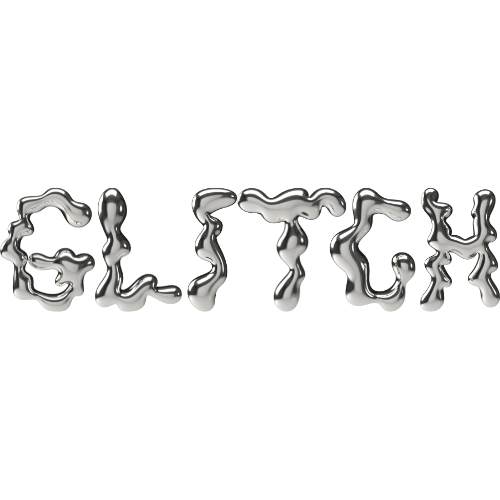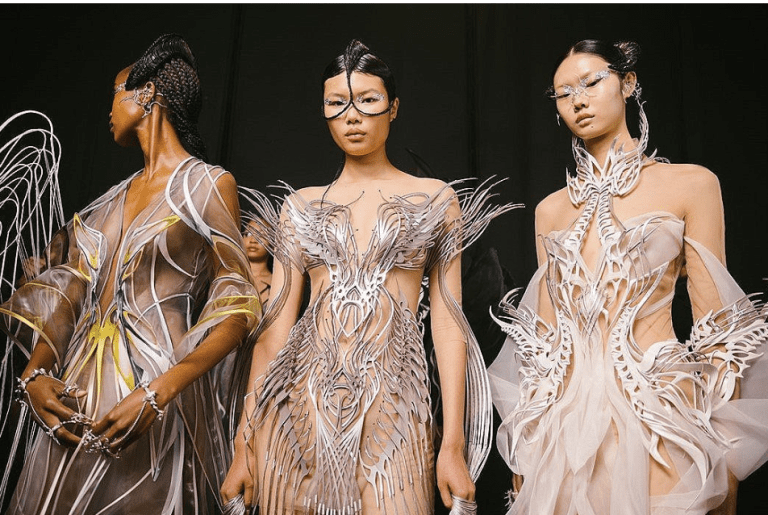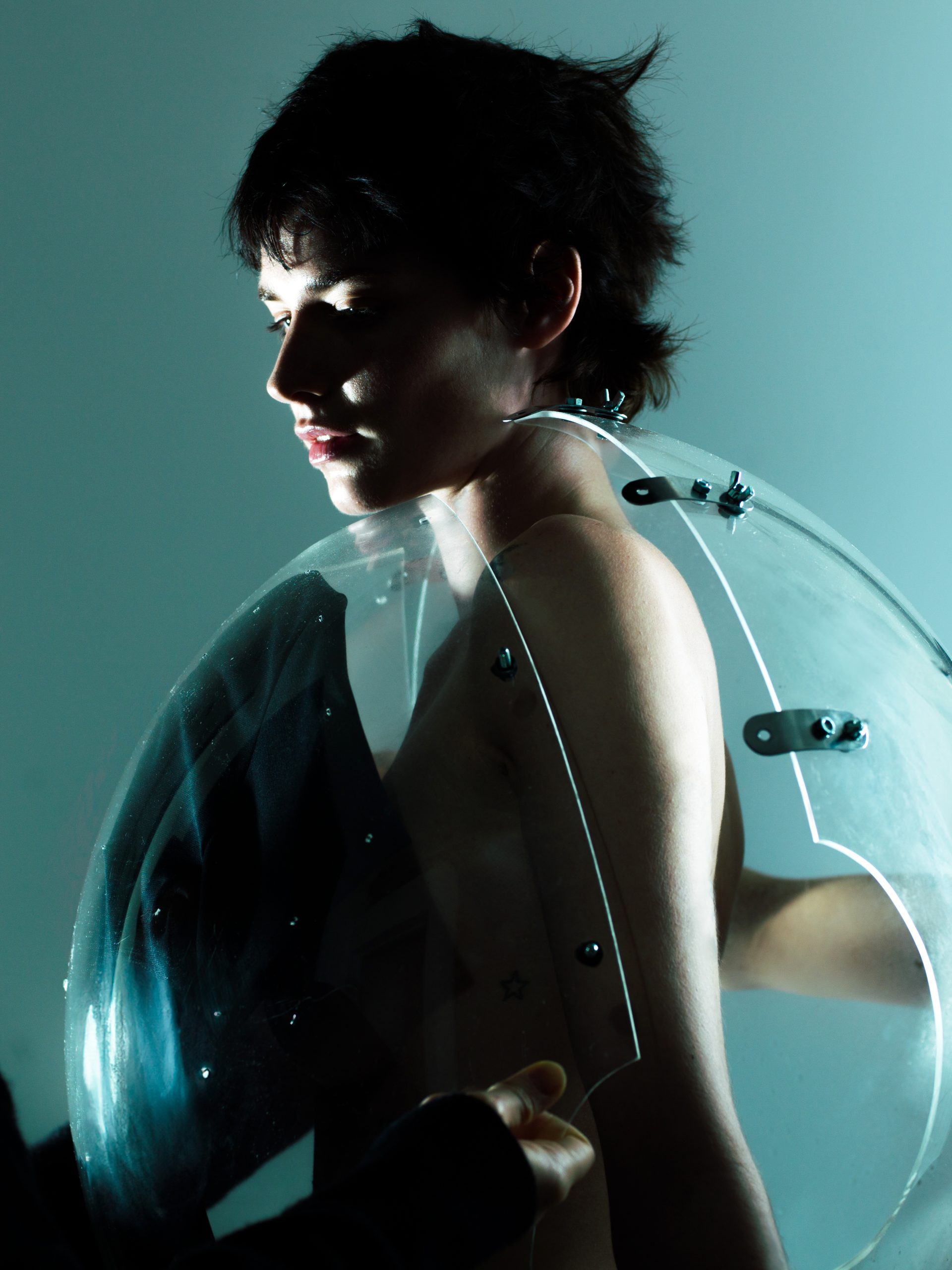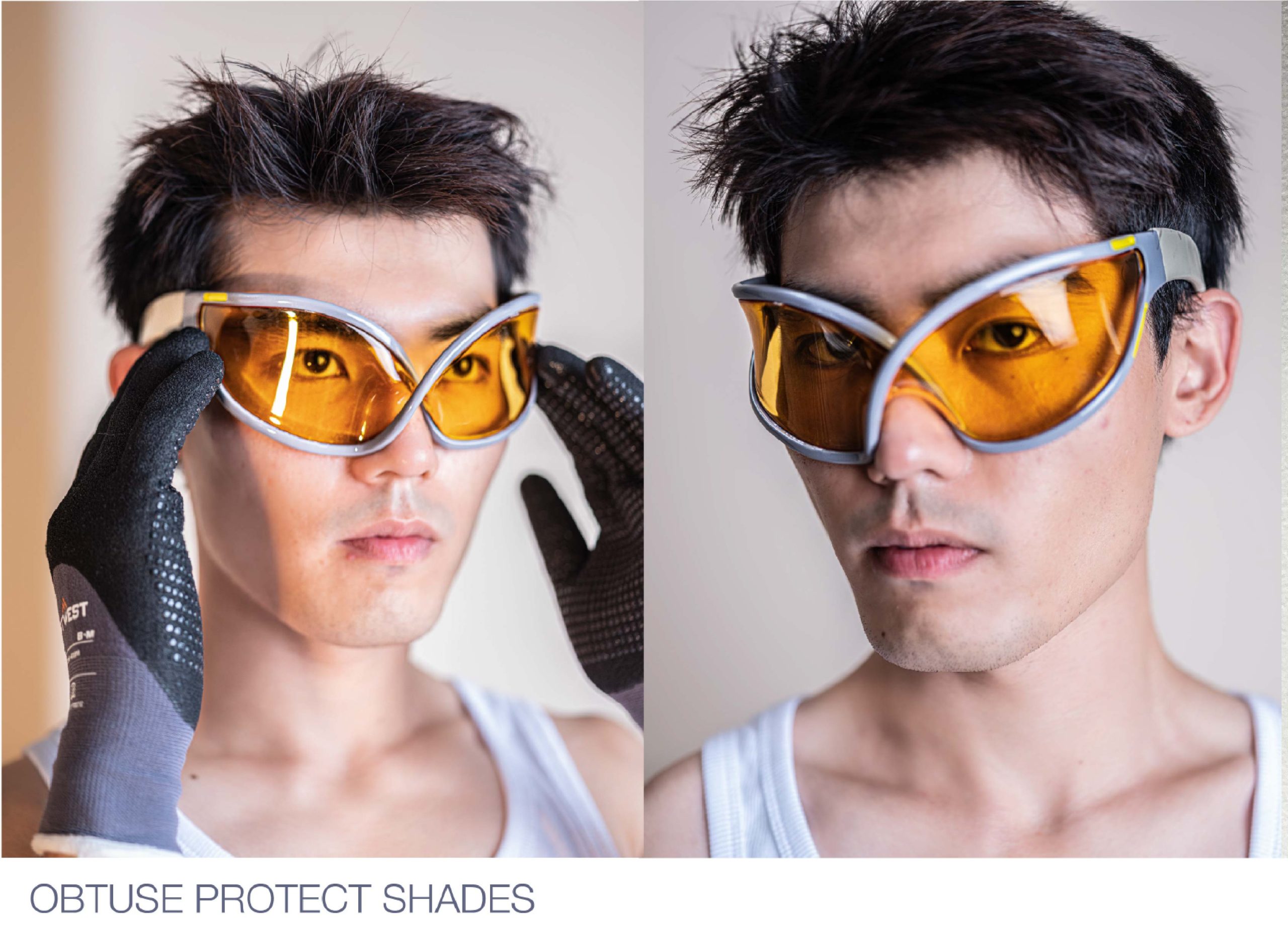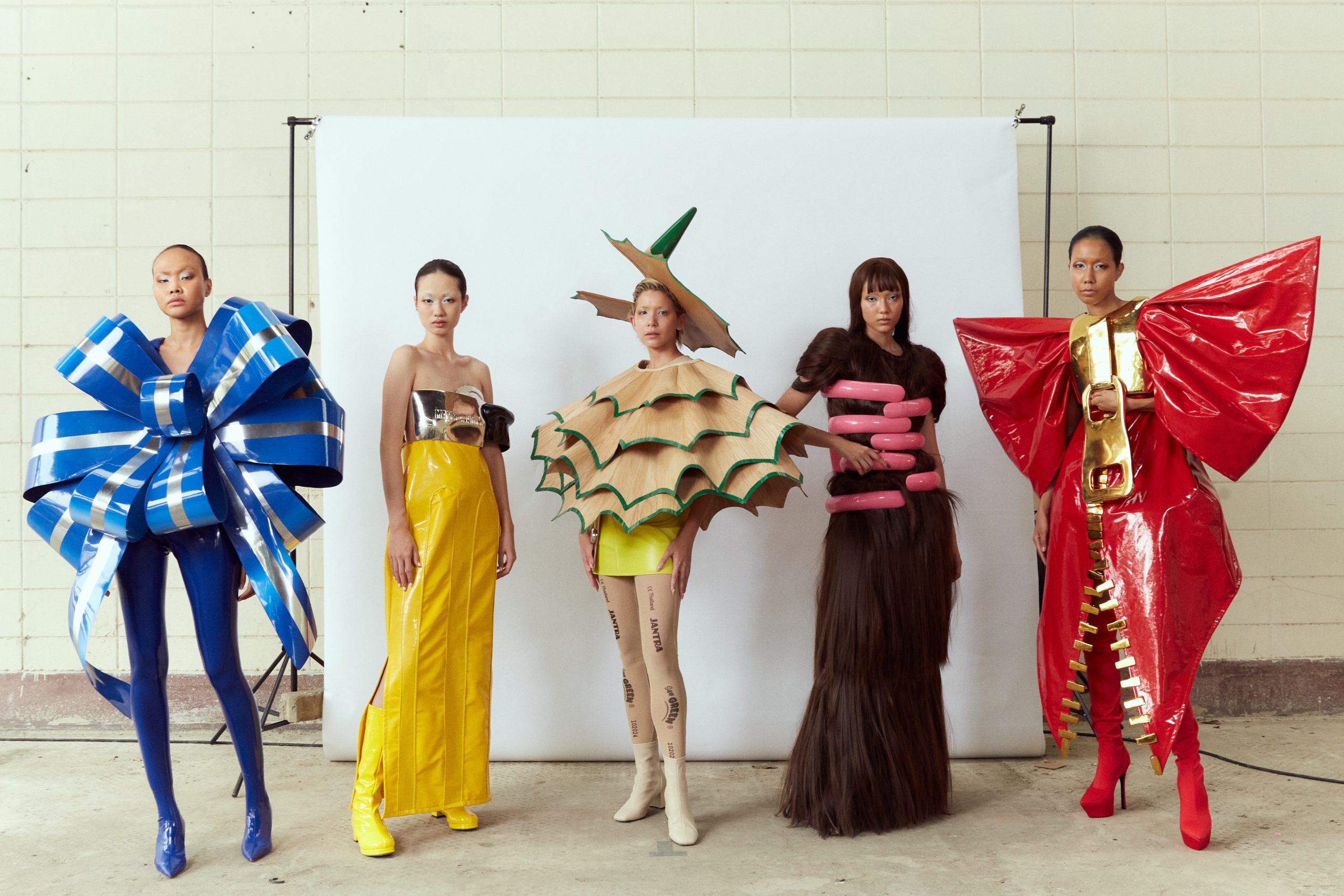POST
- prefix, meaning “behind,” “after,” “later,” “subsequent to,” and “posterior to.”
HUMAN
- adjective, meaning of, relating to, characteristic of, or having the nature of people.
POST-HUMAN
- concept, after humanism.
It all started with humanism, a philosophy of life that developed in the 18th and 19th centuries where humans are seen as agents of change and science is valued over revelations from the natural world. As a reaction to The Age of Enlightenment thinking and the break from the church, humanists saw life as open, and free of pre-determination. Humanists championed individualism rights, becoming synonymous with Leonardo Da Vinci’s, The Vitruvian Man, filled with a universal design of proportion, where man is one with the universe and earth.
Post-humanists reject the belief that man is separate from the natural world and taking a critical approach looking at how the definition of human, excludes those whom Rosi Braidotti describes as not “fully human,” looking at the lens of race, class, and gender. The post-humanists view humans as one with the natural world and machinery, looking at the building blocks of matter as a leveler. With the threat of climate change, post-humanists ask individuals about the connection between nature and humans, as see the similarities.
Post-humanism looks at the fundamental conflicts of time
and challenges the boundaries between self and how emerging technology and concepts of self, are transforming the way we live and see the world. The consequence is the emergence of post-human fashion and a reimagined exploration of self.
Alessandro Michele declared that we were in our Post-human era in Gucci’s A/W 2018, which was inspired by cyborg professor Donna Haraway’s A Cyborg Manifesto, which rejected the notion that humans and machines are different.
Iris Van Herpen’s 15-year anniversary couture collection Metaphorism explores the relationship between the human body through using technology to present hyperreal identities as a speculative vision of post-human realities to come.
With the rise of the metaverse and digital technology, post-human theory is becoming more relevant and a physical vision of our future due to the rise of digital selves. Human life is changing as we explore new realms, activating as a leveler for gender, race, and class. The post-human self isn’t defined by homogeny and superiority, the post-human self is a vessel for exploration and new creations.
Written by Amber Weir from GLITCH Magazine
